Italy and Kazakhstan strengthen their partnership: agreements signed worth over 180 million euros
On May 28, Astana hosted the Italy–Kazakhstan supply chain forum, a high-level event aimed at revitalizing and structuring the economic partnership between the two countries. Promoted by the Ministry of Trade and Integration of the Republic of Kazakhstan, the forum was organized in collaboration with the Kazakh-Italian Trade Association (ACIK) and the Embassies of Italy and Kazakhstan, confirming its role as a strategic platform for economic dialogue between Europe and Central Asia.
ACIK played a central role in organizing and shaping the forum's content, facilitating dialogue among businesses, institutions, and investors from both nations. With years of experience in promoting trade relations between Italy and Kazakhstan, ACIK has become a key partner in launching new projects along the entire value chain, from logistics and industrial production to technological innovation and green energy.
During the forum, 10 Memoranda of Understanding were signed, totaling over 180 million euros. These agreements cover key sectors such as mechanical engineering, petrochemicals, agri-processing, metallurgy, and logistics digitalization, with a strong focus on establishing joint production facilities in Kazakhstan to serve markets in the European Union, Central Asia, and China.
The forum was inaugurated by Kazakh Prime Minister Olzhas Bektenov, who emphasized Italy’s role as one of Kazakhstan’s top three trading partners. In 2024, bilateral trade reached nearly $20 billion, with over $18 billion represented by Kazakh exports.
The Minister of Trade and Integration, Arman Shakkaliev, described the forum
as “a symbol of a new phase in relations between the two countries.”
In a global context marked by logistic transformations, digitalization, and increasing protectionism, Kazakhstan aims to position itself as a Eurasian hub for logistics, manufacturing, and technological innovation, prioritizing pragmatic and long-term cooperation with Italy.
“Today’s forum is a key platform to strengthen our economic partnership and to launch a strategic dialogue in a rapidly changing global environment. Kazakhstan places high importance on building a strong, pragmatic, and long-term relationship with the Italian Republic. We are not just expanding trade, we are building an innovative, resilient industrial ecosystem that can ensure thestability of global supply chains in an era marked by logistical challenges, rising protectionism, and the digitalization of the world economy,” the Minister stated.
A particular focus was placed on the development of the Trans-Caspian International Transport Route, also known as the Middle Corridor, which is becoming a credible and competitive alternative to traditional commercial routes. In 2024 alone, freight volumes along this corridor increased by 63%, reaching 4.1 million tonnes, while container traffic rose by a remarkable 2.6 times, totaling 50,500 TEU.
The forum also brought forward a series of far-reaching proposals, reflecting a shared commitment to building a solid and lasting cooperation between Italy and Kazakhstan. Notable initiatives include the creation of a bilateral investment fund to support joint projects in strategic economic sectors, and the development of an advanced digital platform called Digital Supply Chain 4.0, designed to optimize logistics processes and enhance traceability and efficiency across the value chain.
Another cornerstone of the shared vision is risk management, with the introduction of new insurance instruments to cover investments and exports, thereby increasing the confidence of economic operators. This is linked with a strong focus on sustainability: both parties aim to develop an ESG (Environmental, Social and Governance) road map to ensure that future projects meet the highest environmental and social standards.
One of the most symbolic proposals presented was the creation of a joint brand, “Made in Kazakhstan with Italy”, representing products born from the industrial collaboration between the two countries. This initiative aims to promote joint manufacturing excellence and position these products competitively on international markets, showcasing the synergy between Italian know-how and Kazakh production potential.
Kazakhstan also expressed its readiness to increase exports of organic grain, oilseeds, and animal feed, proposing the establishment of joint processing and
packaging lines for agricultural products destined for export under a shared brand.
The forum’s program featured thematic roundtables, success story presentations, B2B meetings, and networking opportunities between businesses and institutions. Within this context, a working meeting was held between the Foreign Trade Chamber of Kazakhstan and Confindustria Kazakhstan, where discussions focused on building a shared agenda for future business-to-business meetings, actively promoted with the support of ACIK.
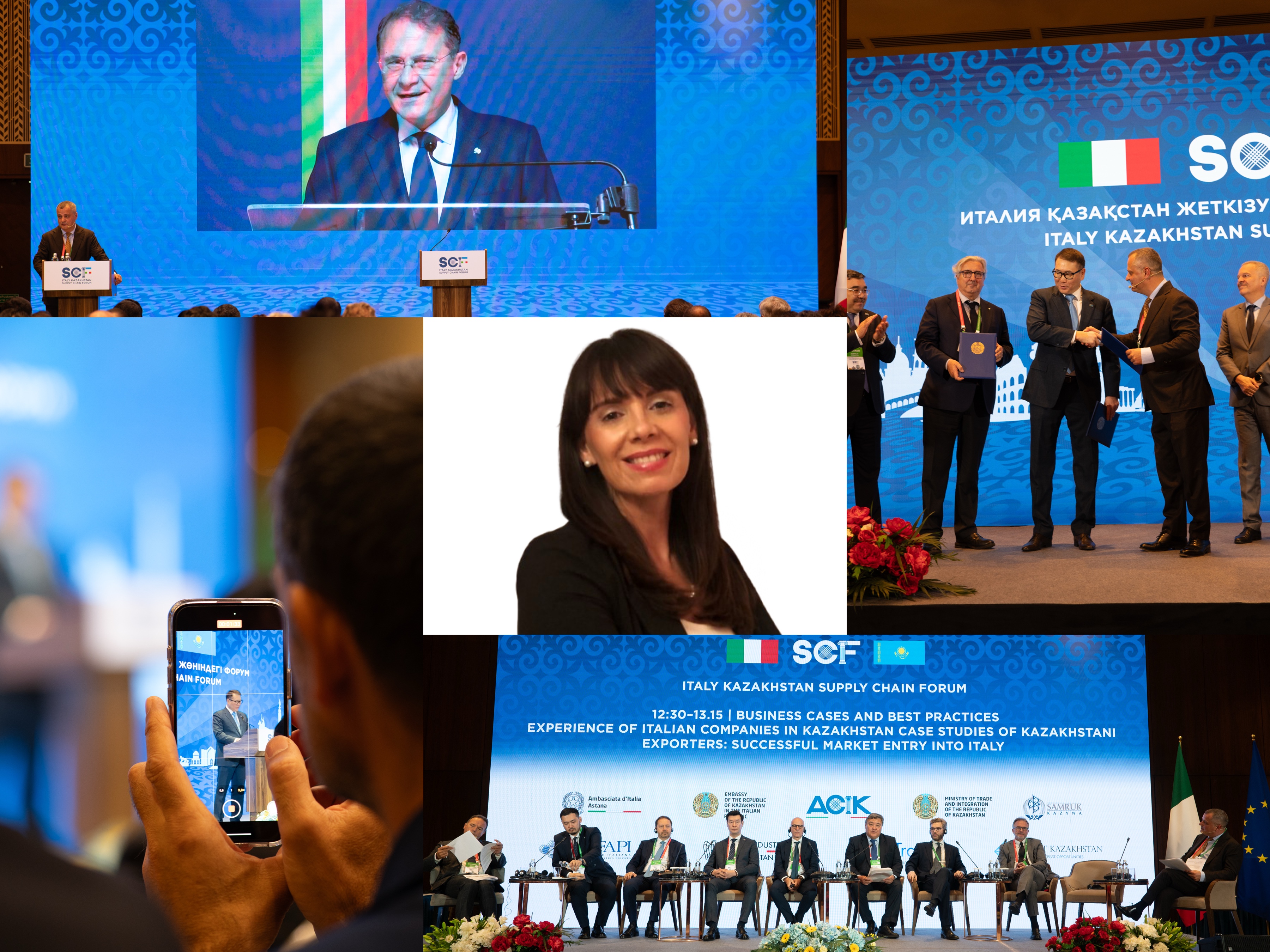
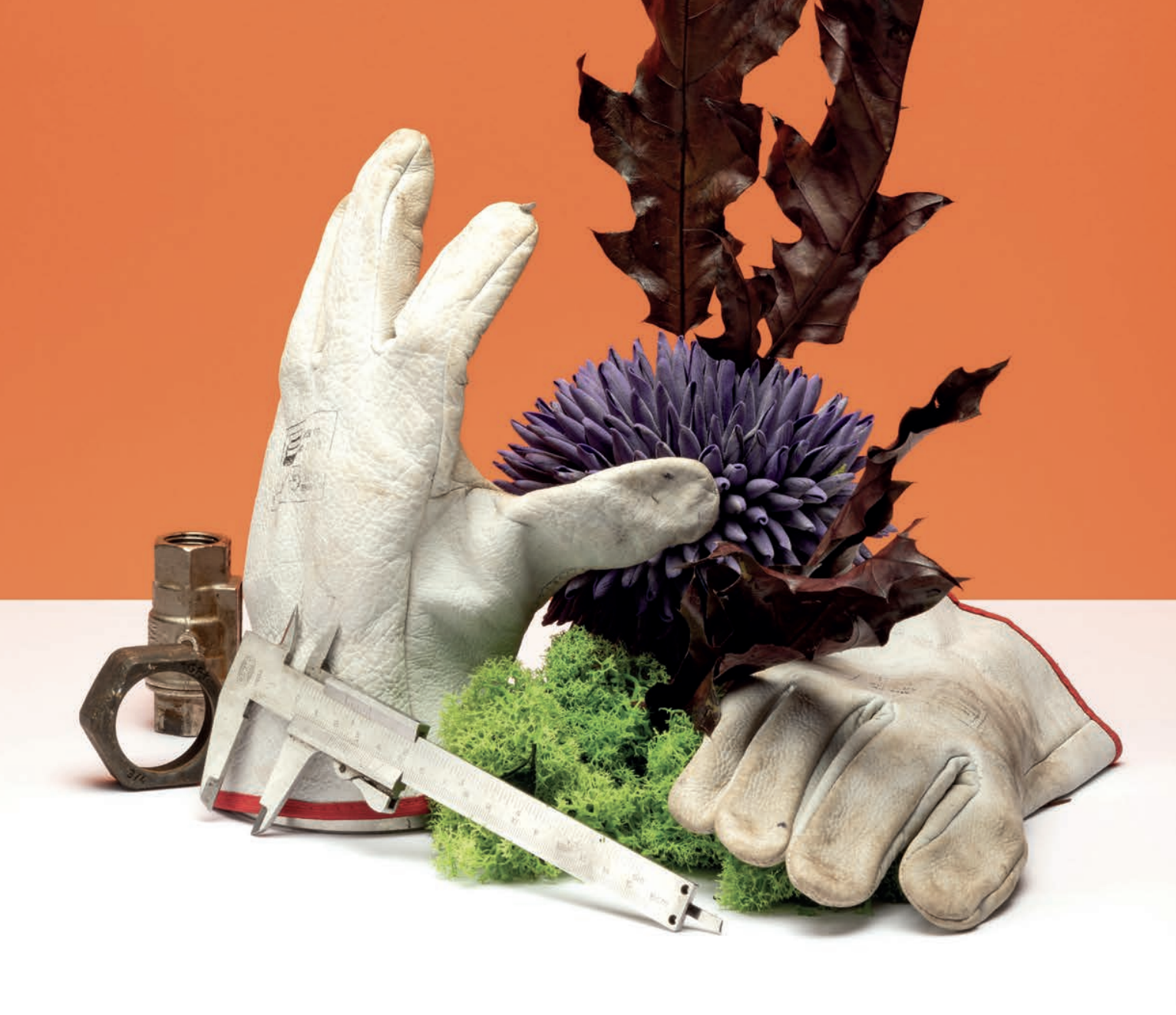 Meet the Associate | ACIK Stories: FBM
Meet the Associate | ACIK Stories: FBM
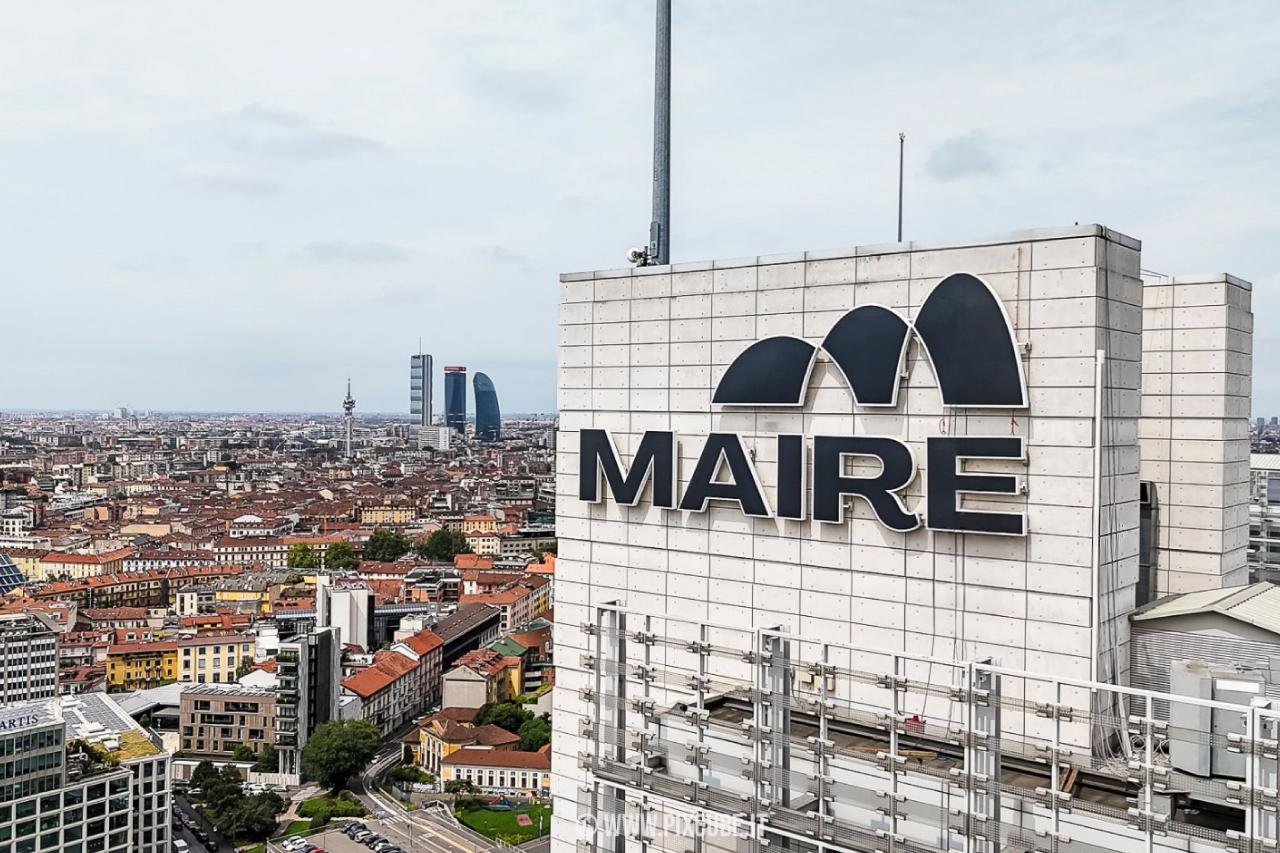 TECNIMONT reassures: “Our projects in Kazakhstan are proceeding as planned”
TECNIMONT reassures: “Our projects in Kazakhstan are proceeding as planned”
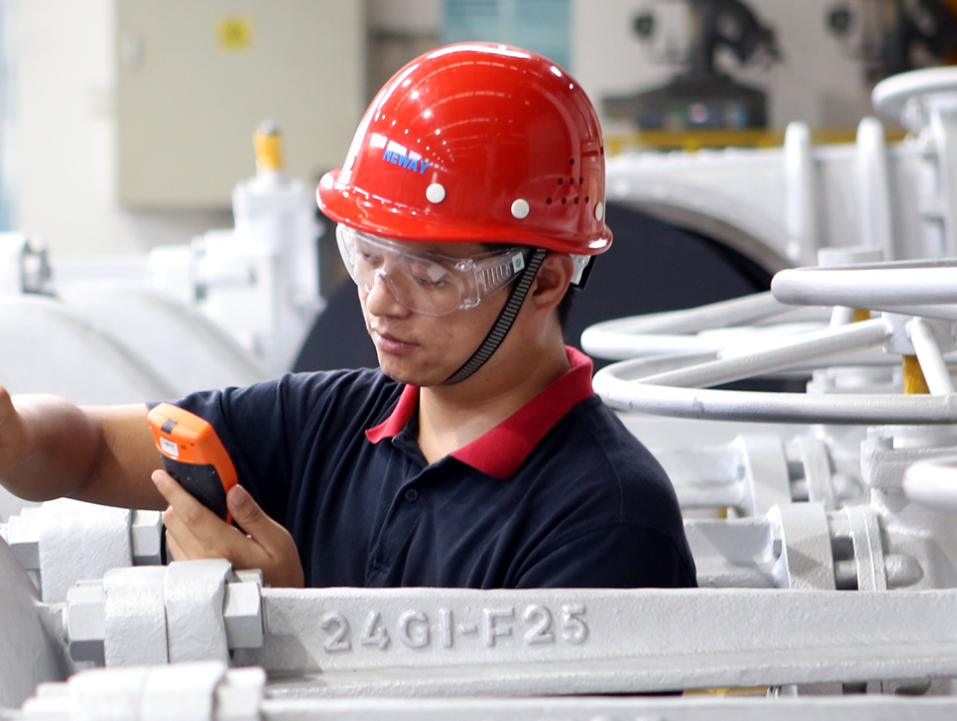 Meet the Associate | ACIK Stories: Neway Valve
Meet the Associate | ACIK Stories: Neway Valve
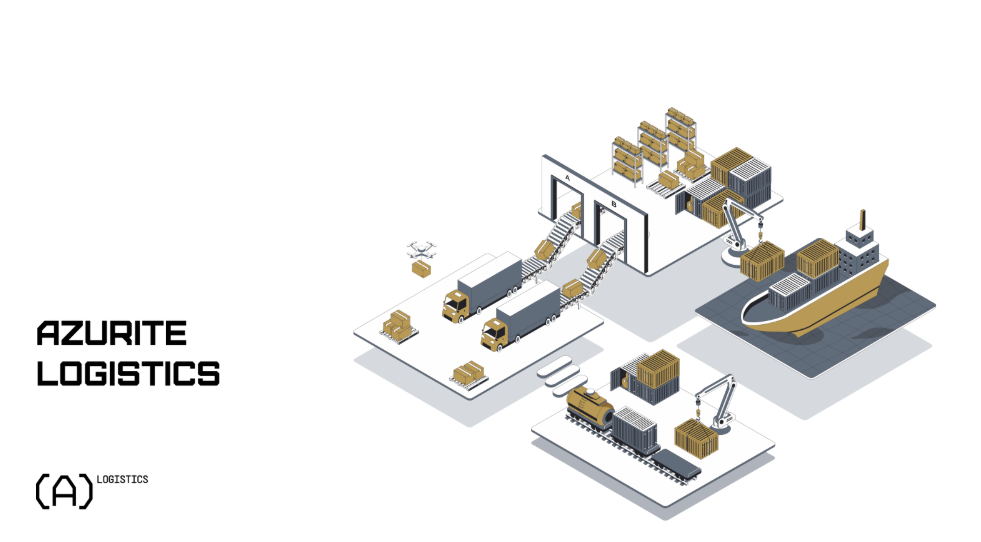 Meet the Associate | ACIK Stories: Azurite Logistics
Meet the Associate | ACIK Stories: Azurite Logistics
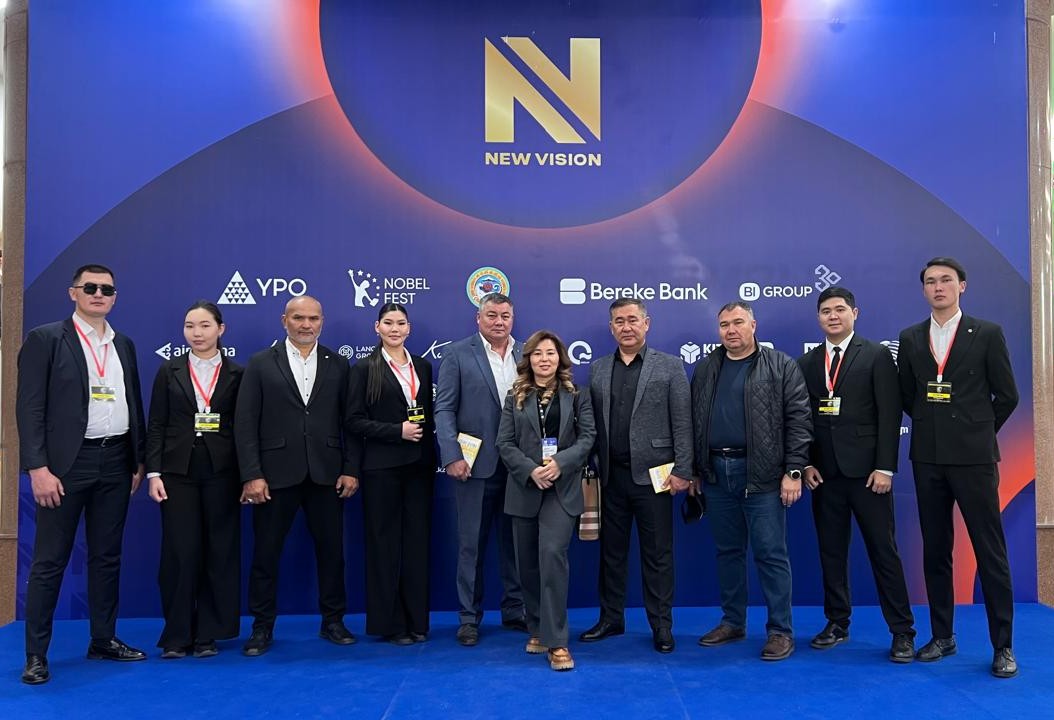 Meet the Associate | ACIK Stories: KZ Protection Group
Meet the Associate | ACIK Stories: KZ Protection Group
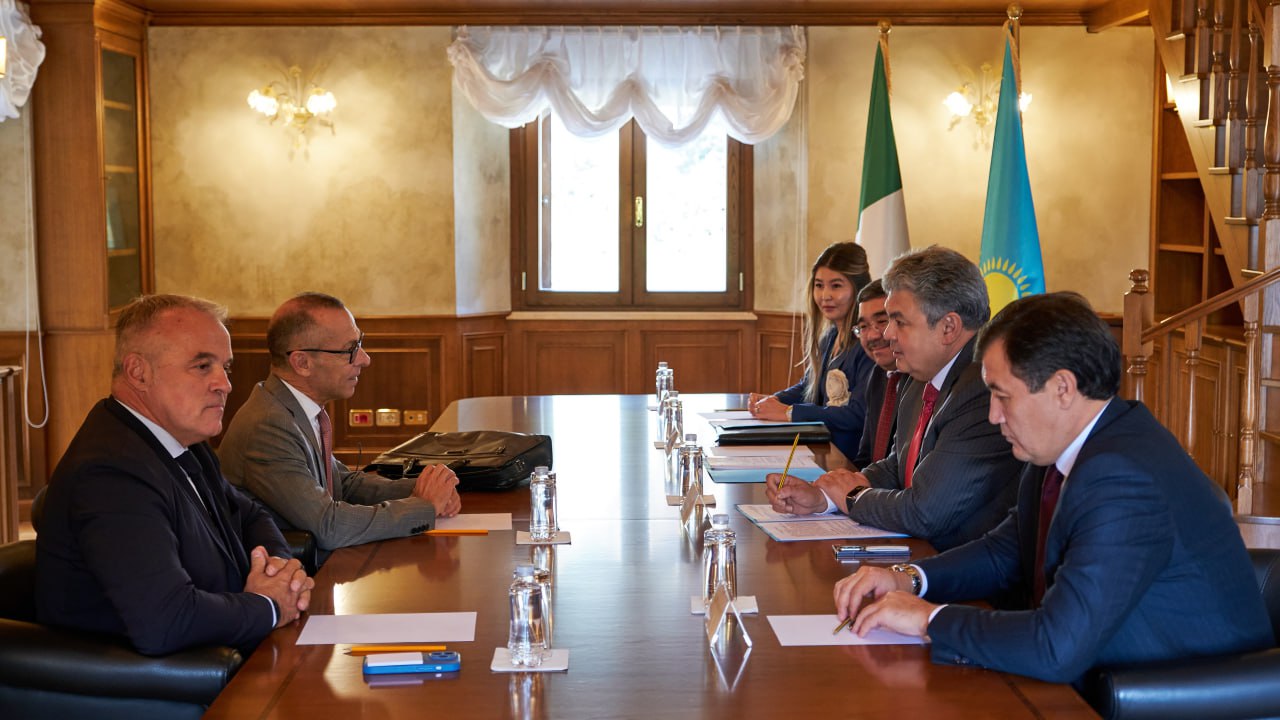 ACIK and President Marco Beretta Take Center Stage in Rome Meeting with Kazakhstan’s Minister of Foreign Affairs
ACIK and President Marco Beretta Take Center Stage in Rome Meeting with Kazakhstan’s Minister of Foreign Affairs
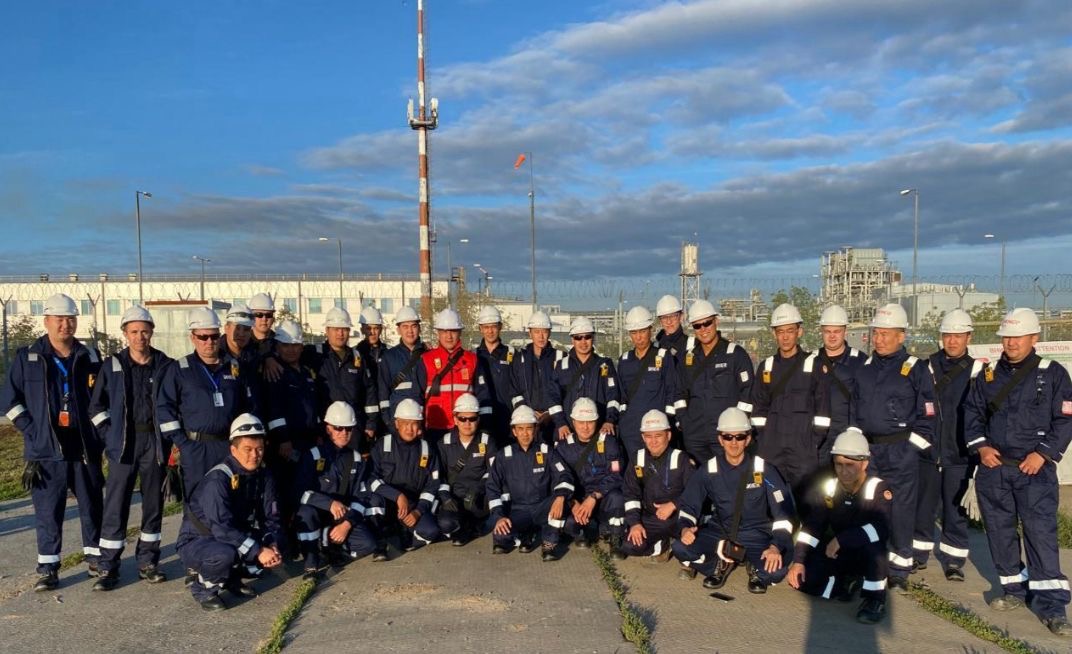 Meet the Associate | ACIK Stories: AER
Meet the Associate | ACIK Stories: AER
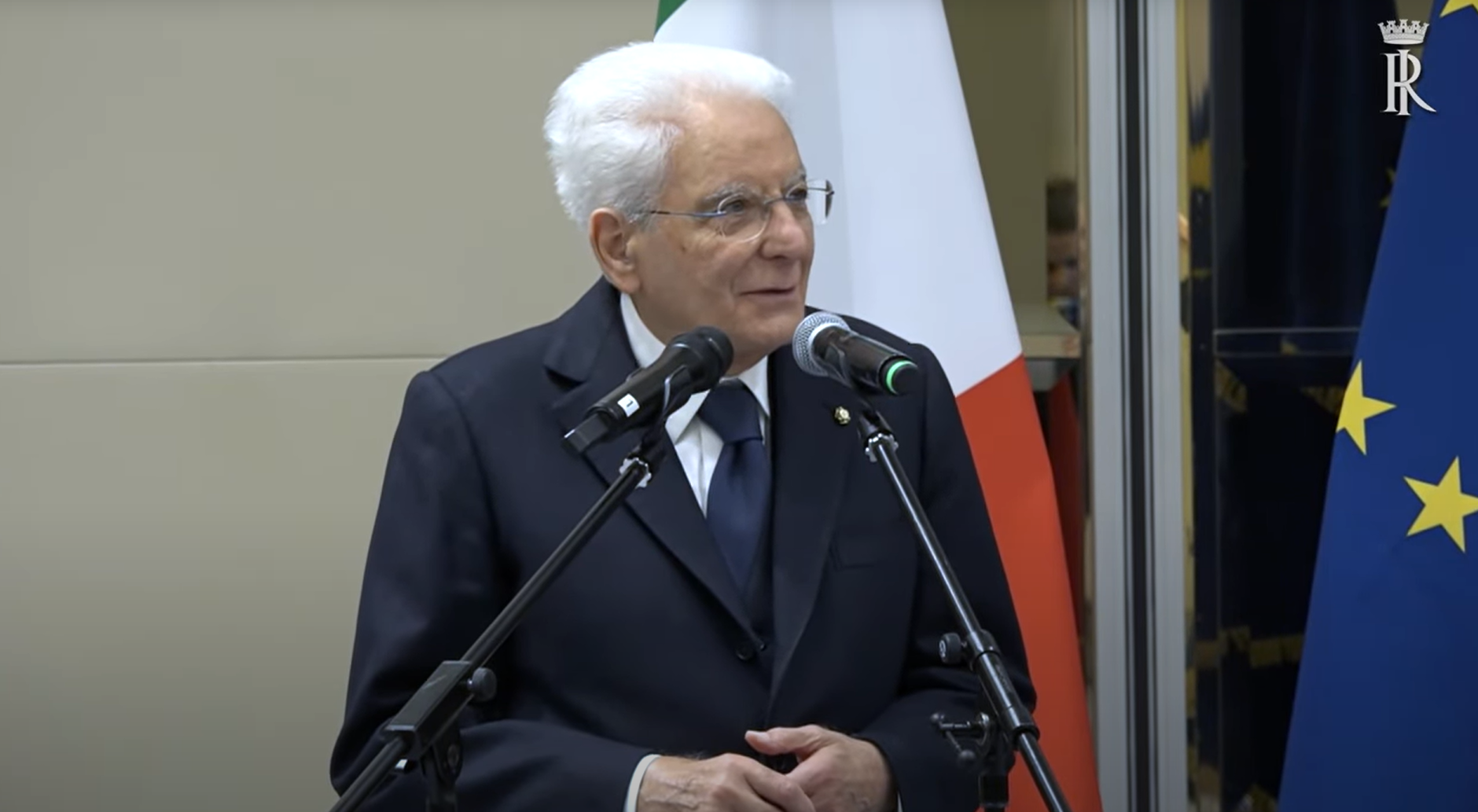 President Mattarella in Astana: A Renewed Bond with the Italian Community and Kazakhstan
President Mattarella in Astana: A Renewed Bond with the Italian Community and Kazakhstan